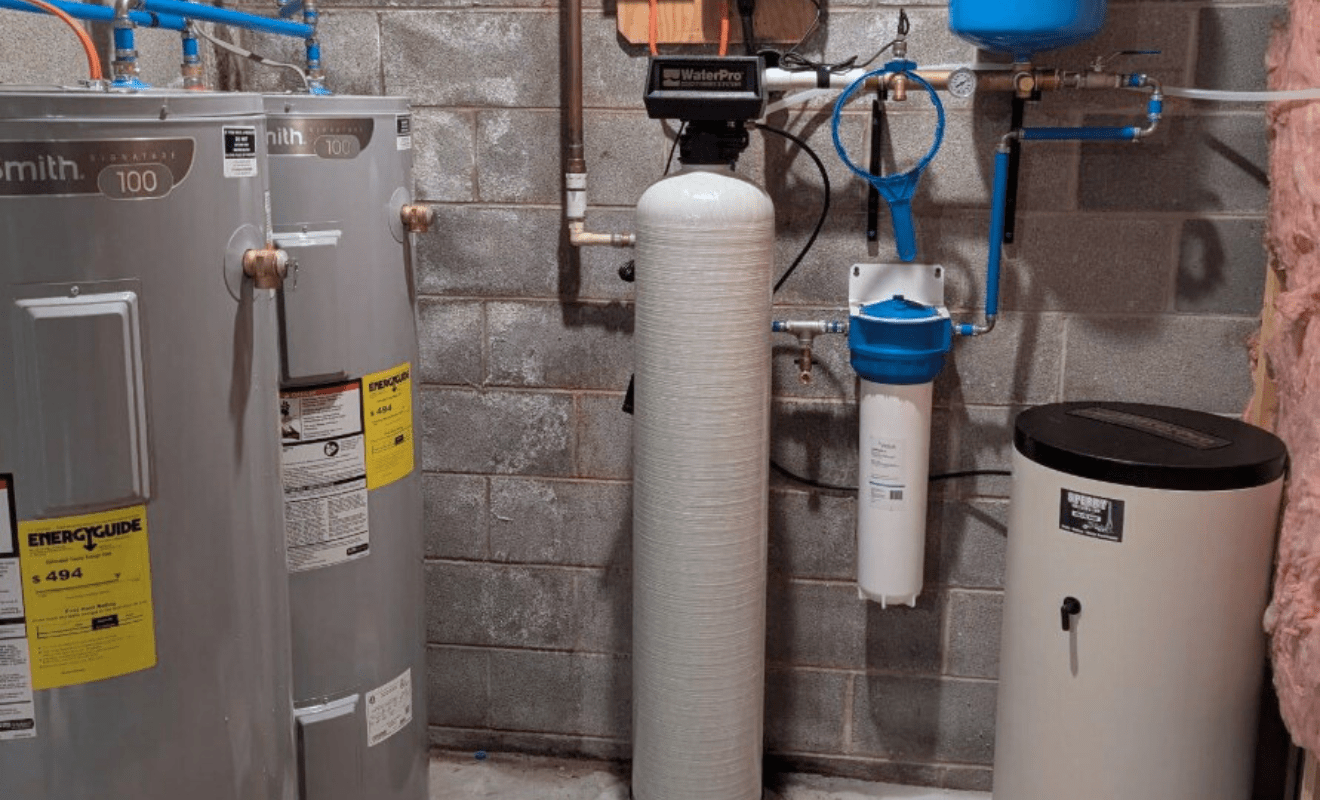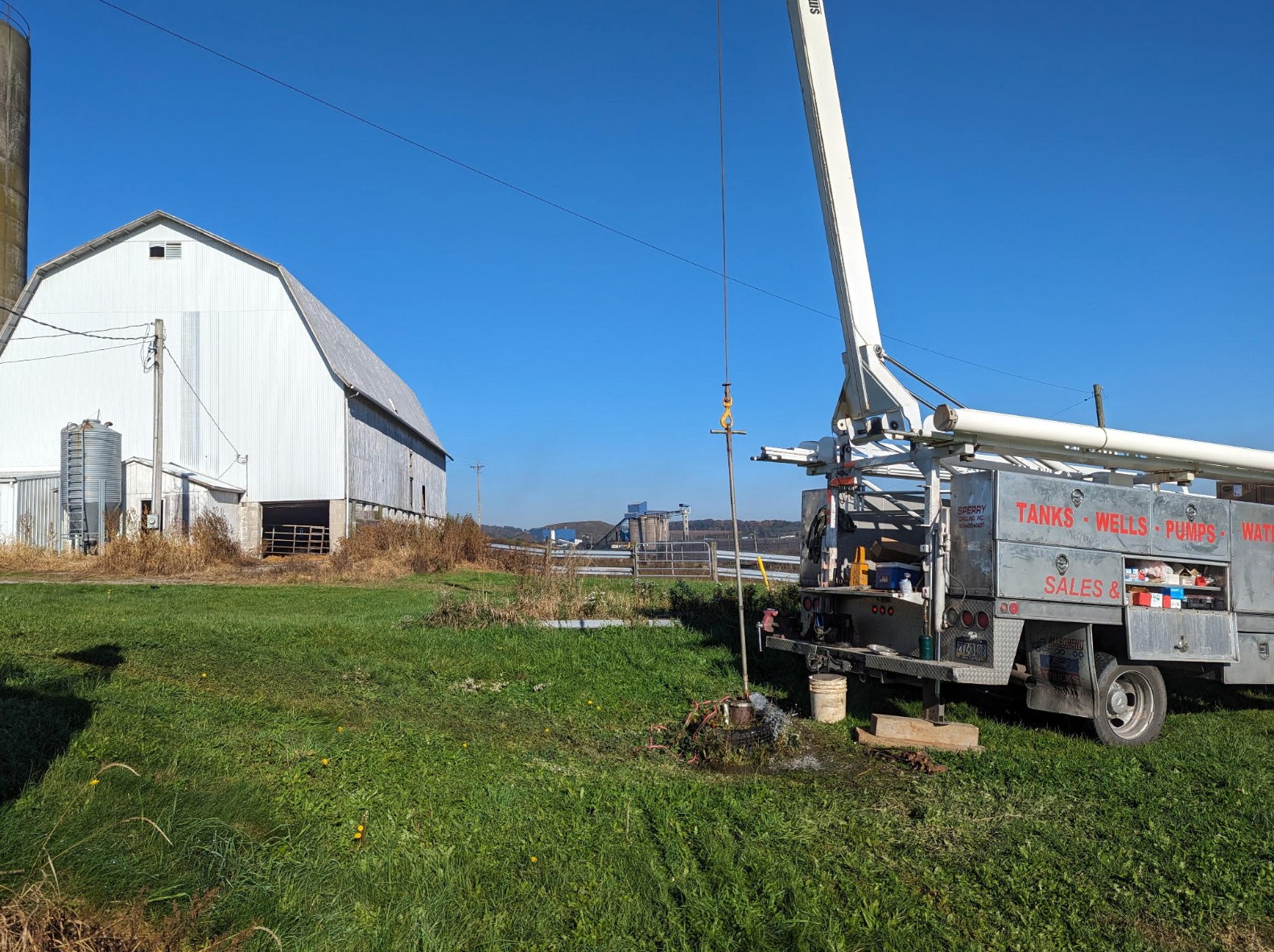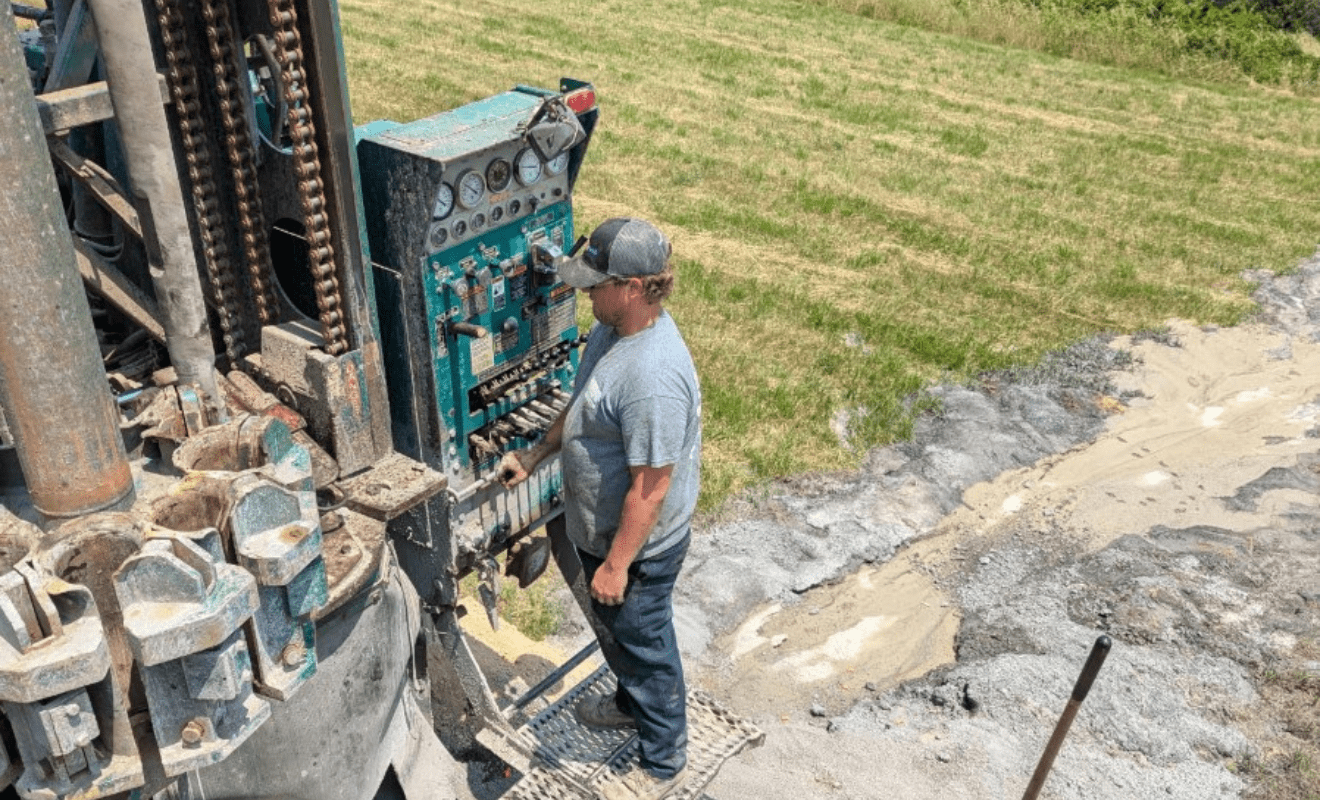Drilling a water well on your property is a valuable investment, especially in rural areas of Pennsylvania where municipal water access may be limited. But before any drilling begins, it’s critical to understand the state regulations, required permits, and safety protocols that ensure the process is legal, efficient, and environmentally responsible.

Understanding Well Drilling Regulations in Pennsylvania
In Pennsylvania, all water well drilling must adhere to guidelines set forth by the Pennsylvania Department of Environmental Protection (DEP) and the National Ground Water Association (NGWA). These regulations are designed to protect groundwater sources from contamination and ensure public health.
Some key regulatory considerations include:
- Well Construction Standards: The DEP mandates casing requirements, grouting and minimum setback distances from potential contamination sources (e.g., septic systems).
- Well Location: Drilled wells must maintain specific distances from property lines, wetlands, and buildings to comply with state and local ordinances.
- Water Testing: It is recommended that private well owners test for bacteria, nitrates, and other potential contaminants after construction and regularly thereafter.
Required Permits for Well Drilling
Unlike some other states, Pennsylvania does not require a statewide permit for residential well drilling. However, local municipalities often have their own permitting requirements. Before scheduling a well drilling service, it’s essential to:
- Contact your local township or county to check for permit requirements, zoning restrictions or ordinances.
- Work with a licensed well driller (like Sperry Drilling Inc.) who understands the permitting process and can handle it on your behalf.
- Ensure the driller files a well completion report with the DEP and retains all drilling and testing records.
Failure to comply with local permitting laws can result in fines, denied inspections, or future property issues.

Best Safety Practices for Well Drilling
Drilling a well is a complex process that involves heavy equipment, pressurized systems and potential environmental risks. Following industry-recognized safety standards is vital.
Here are several best practices used by reputable well drilling contractors:
- Licensed and Certified Operators: Always hire an NGWA-certified and Pennsylvania-licensed well driller.
- Proper Site Evaluation: Evaluate soil conditions, slope, drainage and proximity to potential contaminants.
- Use of Protective Equipment: All personnel should follow OSHA safety guidelines, including wearing helmets, gloves, eye protection and steel-toed boots.
- Groundwater Protection Measures: Install sanitary seals and appropriate casing to protect water from surface contaminants.
- Routine Equipment Maintenance: Properly maintained drilling rigs and safety equipment reduce the risk of mechanical failure or injury.
- Clear Site Communication: Ensure everyone on-site is briefed on safety plans, emergency procedures, and their roles.

Why It Matters: Long-Term Safety and Water Quality
Improper drilling can lead to well contamination, structural failure or costly repairs. Following Pennsylvania regulations and best practices ensures:
- Reliable access to safe, clean drinking water.
- Compliance with local laws and building codes.
- Peace of mind knowing your well is professionally installed and protected.

Trust the Pros At Sperry Drilling Inc.
If you’re considering drilling a new well in Pennsylvania, Sperry Drilling Inc. is your trusted partner. With over 50 years of experience and NGWA certification, we take safety and compliance seriously—offering professional well drilling services throughout Pennsylvania, Maryland, and West Virginia.
Call (814) 267-3487 or contact us here to schedule a consultation or learn more about our well drilling process.




